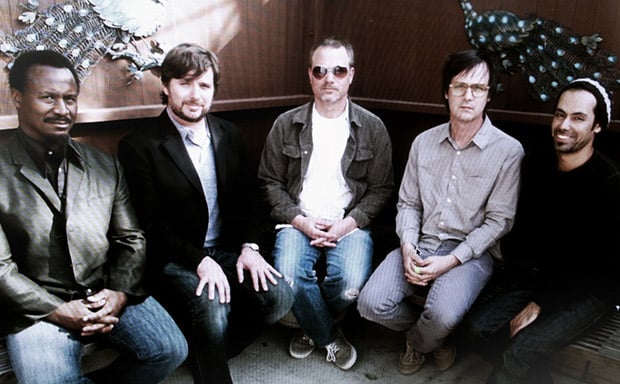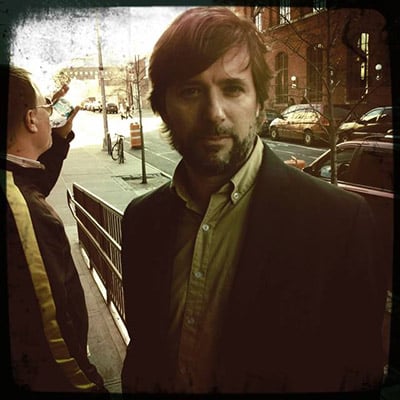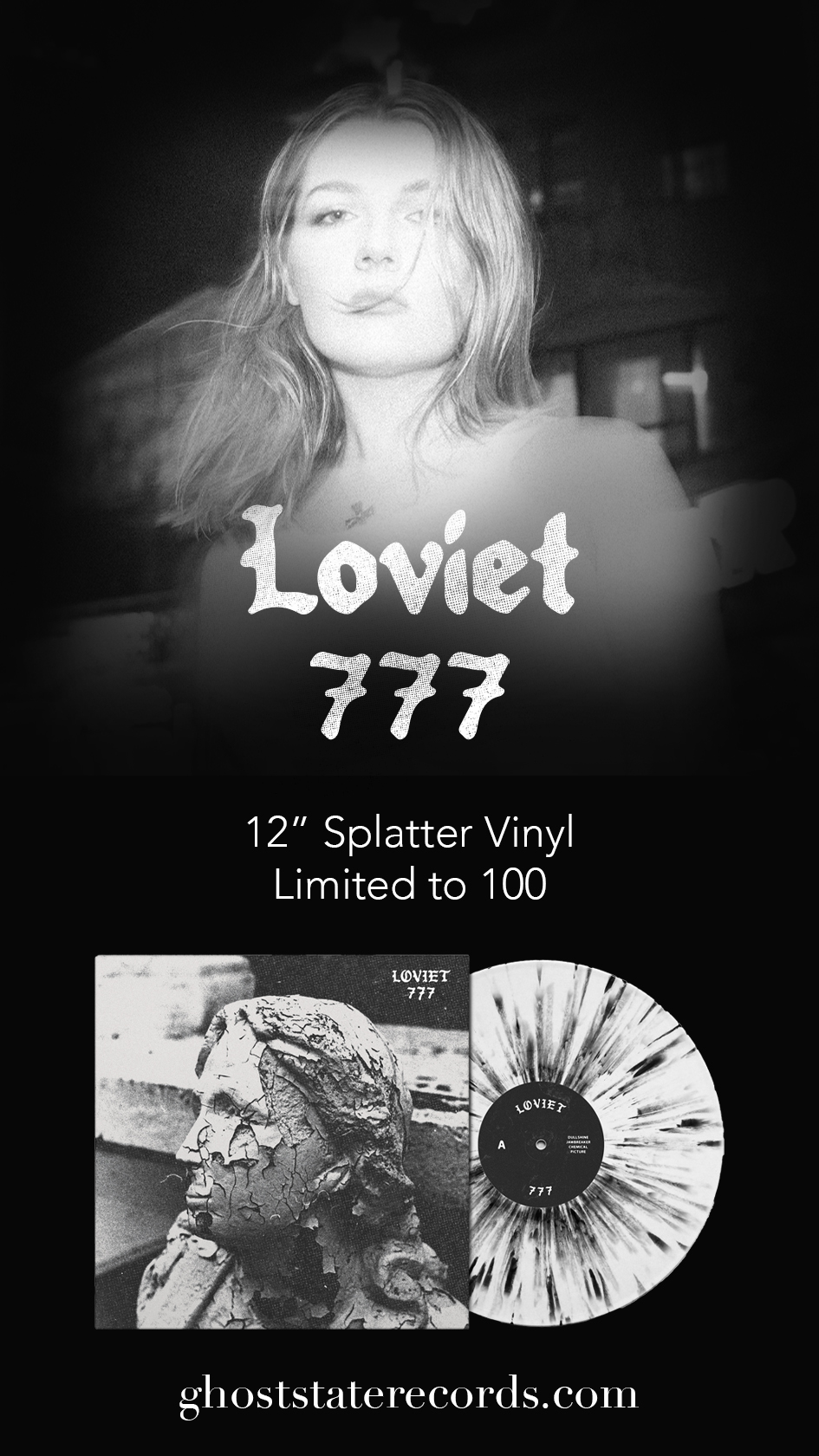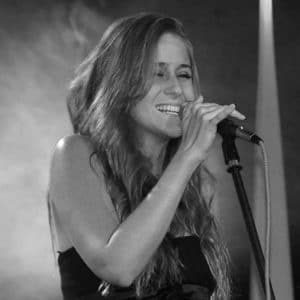
One of the only things that might be cooler than the other side of the pillow is The Greyboy Allstars.
Formed in 1993 as the house band for DJ Greyboy and his crate-digging creativity, The Greyboy Allstars took to combing rare ’60s and ’70s jazz, funk and soul records for inspiration and rewiring that sound into a unique style that took the improvisational magic of jazz and let it run free over the grooves.
In 1995, the band released the influential “West Coast Boogaloo,” with featured luminary Fred Wesley, and continued to work with Greyboy on projects while they toured extensively across the United States and Europe. The band celebrated its 25th anniversary in 2018 and over that time period released three more critically acclaimed albums and dazzled audiences with infectious live shows.
Like the musicians he sought inspiration from, Allstars keys man Robert Walter has been a heavily coveted session musician, collaborator and bandleader throughout his time in The Greyboy Allstars. He’s a Hammond B3 and Rhodes aficionado who has toured and recorded with legends such as Fred Wesley, Melvin Sparks and Johnny Vidacovich, in addition to noted contemporaries such as Adam Deitch, Eddie Roberts, Stanton Moore and Mike Gordon. He was able to catch up with Tahoe Onstage to discuss his time with The Greyboy Allstars, playing in New Orleans and what he likes to listen to.
What were you doing right before you started getting in with Karl Denson and the rest of The Greyboy Allstars?
I really hadn’t played this kind of music before. I was playing keyboards in sort of different punk rock bands and things like that, like sort of unrelated, but I always had an interest in jazz and funk music. I was in a band with Chris Stillwell and our drummer at the time, Zak Najor, and that band sort of got absorbed by The Greyboy Allstars when we first started. Then it turned me onto this whole other world of music with the improvisation and this sort of dance element. I always liked the combination of the two, jazz and funk music.

I heard you mention that Karl Denson was very influential in helping you play improvisationally from the start? Can you expand on that?
Well, he is just a little bit older than the rest of us. So he had more experience just playing gigs and improvising and sort of not having to have things planned out. So I always looked up to him just at his way of pacing, his solos and his sort of freedom to let things happen. I had always been in bands that had sort of a set repertoire and you learn the songs if you practice them a lot. This wasn’t really about rehearsal so much. It was about things happening in the moment on the bandstand.
When did you start feeling comfortable in that style?
I’m still working at it (laughs) but, honestly, it kinda clicked. There’s some kind of magic in the chemistry of this group and for some reason right off the bat we sort of felt like we could do it. But because of the connection with funk and blues and sort of, like a little less virtuosic music, you know, we sort of found something that we could relate to and we felt like we could find our own place in. Over the years, I build up and I keep working on my improvisations, they get better, you know, after a couple of years, then I started feeling like I could really do it
What do you hear in the band’s performances or records now that is different than what you heard then, where you can point to it and say “this is what growth sounds like” or “we wouldn’t have played like this in the beginning”?
“I mean, there’s two things that kind of have happened. One is that we’ve actually sort of become the thing that we were emulating. So when we first started we were basically hoping our best to be like Lou Donaldson and Charles Earland, these heroes of ours. They were maybe not popular with the general public, but they were sort of our jazz and funk heroes. That was a gold standard and we were always looking to sort of refine our stuff until we got there. There’s no easy way to do that. You imitate for a while and you start to sort of absorb it and speak the language rather than just spitting it back. It became more personal to all of us. Like that’s the way I play. I’m not trying to play like somebody, I’m playing like me, but within that style.”
“Another thing that has happened over the years is we’ve become a little less rigid in what’s allowed to be an influence. Part of what gave the band our sound is we did have a set of influences that we were very protective of. You were kind of ignoring that the ’80s ever happened or smooth jazz ever happened. These things were sort of like things to avoid at all costs and it helped us define it as something that had a real point of view. But as times have gone on and we got older, we found graceful ways to incorporate our other influences and we all like a lot of different music. So it sort of opened up in ways without sort of betraying the basic tenants of the thing, which is it should be danceable and it should also have some improvisational content.”
What does Greyboy Allstars fulfill for you artistically that you haven’t experienced in other bands and artistic outlets?
“The main thing is that it just does have such a weird, magical chemistry that’s in the ether. I don’t know how to recreate that. I played with probably better players and I probably played with people who on paper I should get along with better. But there’s something about this thing that just works and you get kind of addicted to that feeling of telepathy, you know? The other thing is that everybody is sort of leader in their own world. Everybody writes music. Everyone’s constantly engaged constantly. Like, well, we could make this better.”
Going back through your history I noticed that Cochema played with you the earlier years of 20th Congress. He has played with Daptone for years and his release “All My Relations” was one of my favorites last year. Can you talk about how you linked up with him and what you like about him?
“We were both like punk-rock kids in San Diego and we were in our first band together that was attempting to play jazz. We were learning super rudimentary stuff, trying to read books and learn standards and stuff. We sort of came up together, so we were always talking about stuff and we had real similar tastes in music, so we would sit around and listen to records and that’s where I got into Eddie Harris and Gary Bartz, things like that. He’s just a very like-minded guy. I started my own band and Cochema was the obvious choice. So we each were together probably as much as I have been with Greyboy, at least in the years of really touring in a band, doing it hard.”
You lived in New Orleans for 10 years and were around so many musicians and legends. How did you use that city to your artistic advantage? How was New Orleans stayed with you since leaving?
“I started playing with a lot of people from New Orleans. Stanton Moore had been on my records and he lived down there, Johnny Vidacovich, who I always loved, and I was going to Jazz Fest every year. I looked at it sort of like it was my grad school or something. You can listen to these records as much as you want, but you’re never gonna learn it if you don’t learn it person to person and get immersed in the atmosphere.
“I was always a fan of New Orleans music. Even before I knew about this sort of funky jazz thing and all that, I was really into Professor Longhair and The Meters and Dr John. So I figured I might as well go to where it really is. Immediately when you get there you’re playing gigs with people you just meet that night and they’d have a band. They’re always different. There’s this sort of shared repertoire that people know and it’s a real education in both the improvising and learning the tradition.”
Where do you got to get excited about music with contemporary artists?
“I have to admit that I’m kind of out of the loop, I don’t really think about whatever is happening now. I’m totally into collecting records. I still like modern things occasionally, but I’m still finding most of my influence from, sort of digging for records. It used to be all sort of 1960s, organ records. And now I listen to a lot of reggae and German electronic music and all stuff all over the map. But it’s still related to the record-digging culture.”
What are you still trying to learn about or trying to improve upon in your own playing? How are you challenging yourself?
“I take little projects on. I’ve always loved Fats Waller and people like that and that’s always been sort of a missing part of my playing. So lately I’ve been on that, just try and tackle one little thing at a time. This is something that I always had listened to and it’s sort of an influence on me, but I’d like to actually learn to master it. I realize that I’m getting old enough where you can’t use the excuse that one day, I’ll learn it. You might as well learn it today.”
— Garrett Bethmann



